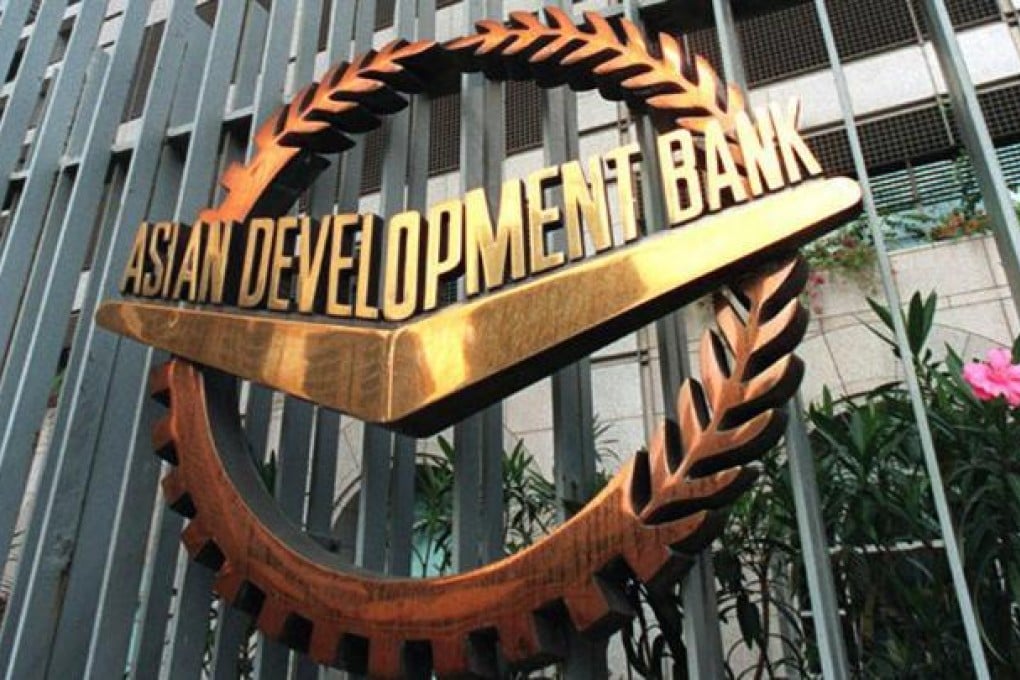China's time at ADB helm not yet come
Curtis Chin considers talk that the next ADB president could be Chinese

The resignation of Asian Development Bank president Haruhiko Kuroda to be Japan's next central bank governor has raised the question of succession at the Manila-based institution. And once again, China seems to be playing the villain: there are persistent rumours of a Chinese challenge to Japan's leadership at the bank.
Since the ADB's founding in 1966, Japan has retained a lock on the presidency of the multilateral development bank dedicated to fighting poverty.
For 3½ years under presidents Barack Obama and George W. Bush, I served as the US ambassador to the Asian Development Bank. And on more than one occasion, my counterpart from China asked me, "Do you think the ADB will ever have a Chinese president?" My diplomatic reply then was that it was up to the bank's shareholders.
Officially, the bank's next president will be chosen from nominees put forth by member governments. In reality, the president traditionally has come from the ranks of Japan's Ministry of Finance.
China might well decide this is the time to push its own nominee. China, after all, has lifted tens of millions out of poverty, and is now the second-largest economy in the world, having taken that position from Japan in 2010.
No longer a diplomat, I might join others, however, in now replying, "not so fast", and "not quite yet". China should focus first on phasing out its borrowing from the World Bank and the ADB and on significantly increasing its contributions to these organisations' funds to help the world's poorest nations.
Japan and the US are the ADB's co-equal largest shareholders. In contrast, China remains one of the ADB's largest borrowers, though it is the third-largest shareholder at the bank.